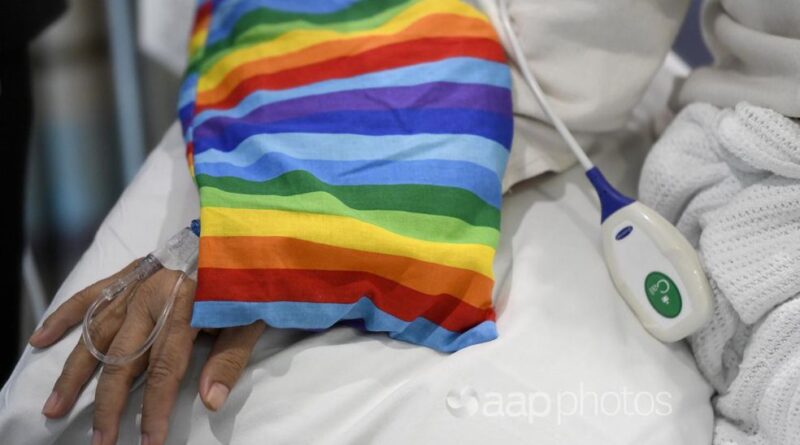Cancer campaign misrepresented to make false claim
William Summers
November 1, 2024
WHAT WAS CLAIMED
A billboard says one in two Australians currently have cancer.
OUR VERDICT
False. The billboard says one in two Australians will be diagnosed with cancer by the age of 85.
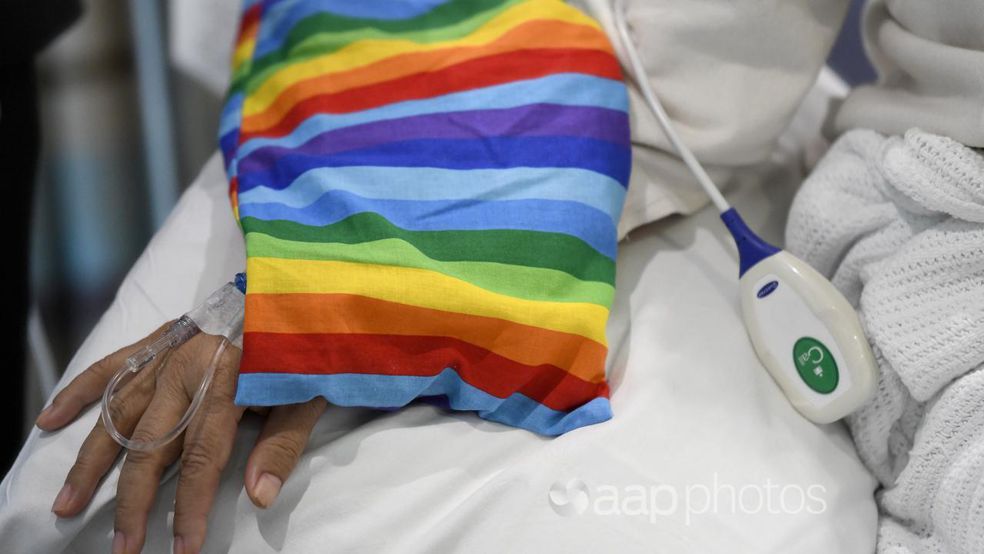
AAP FACTCHECK – A charity billboard that says one in two people will get cancer by the age of 85 is being used to falsely claim that half of all Australians already have the disease.
This is despite text on the billboard stating the “one in two” figure relates to diagnoses up to the age of 85.
The claim on X was made by Nicola Charles, a former Australian TV actor and senate candidate who has posted health misinformation before on social media, including false claims about COVID-19 vaccines.
“BREAKING: Public signage in Melbourne now confirming 50% of all Australian’s [sic] now have Cancer,” Ms Charles wrote on October 16.
“Wonder why?”
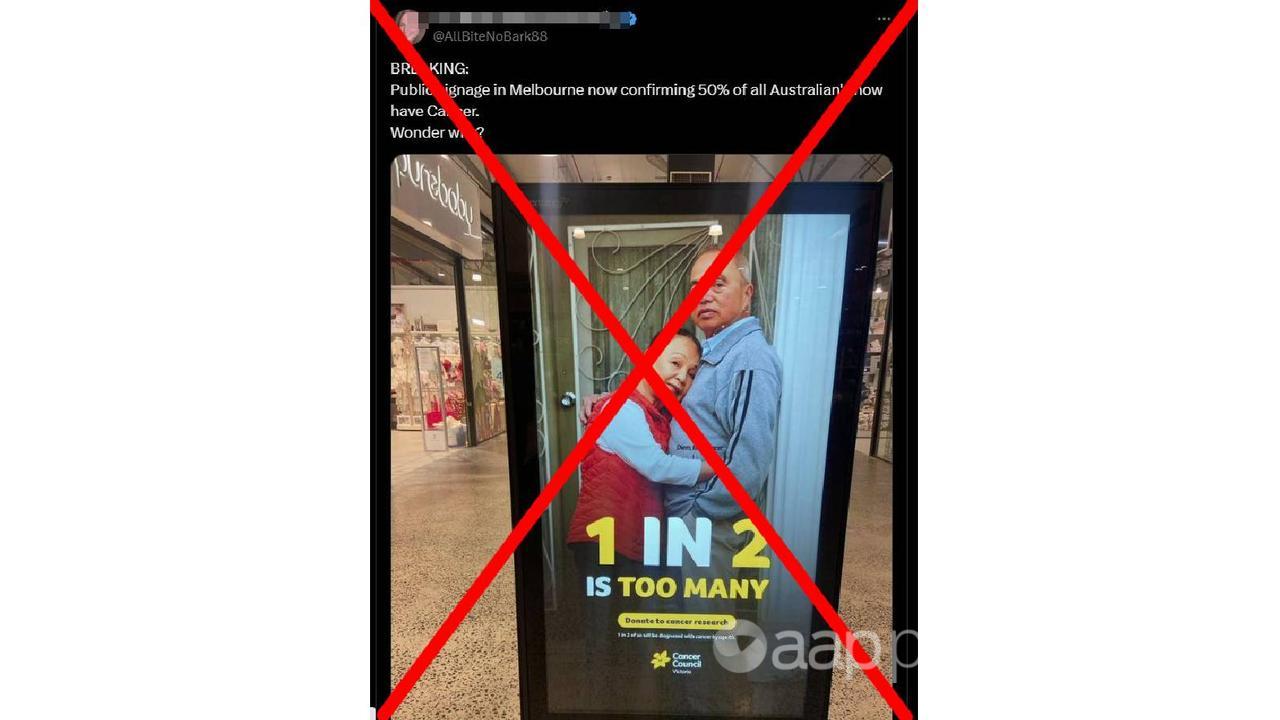
Ms Charles’ post included a photo of a billboard poster depicting two people embracing and the slogan: “1 in 2 is too many.”
The billboard is part of a campaign by the research and advocacy charity Cancer Council Victoria.
The billboard uses the slogan: “1 in 2 is too many.”
In a smaller font below, it reads: “1 in 2 of us will be diagnosed with cancer by age 85.”
The billboard makes no reference to Ms Charles’ claim that 50 per cent of Australians currently have cancer.
Professor Sue Evans, from Cancer Council Victoria, told AAP FactCheck the statistic that one in two people will be diagnosed with cancer by the age of 85 came from 2022 data supplied by the Victoria Cancer Registry, a database that records details of cancer admissions and treatments at all Victorian hospitals.
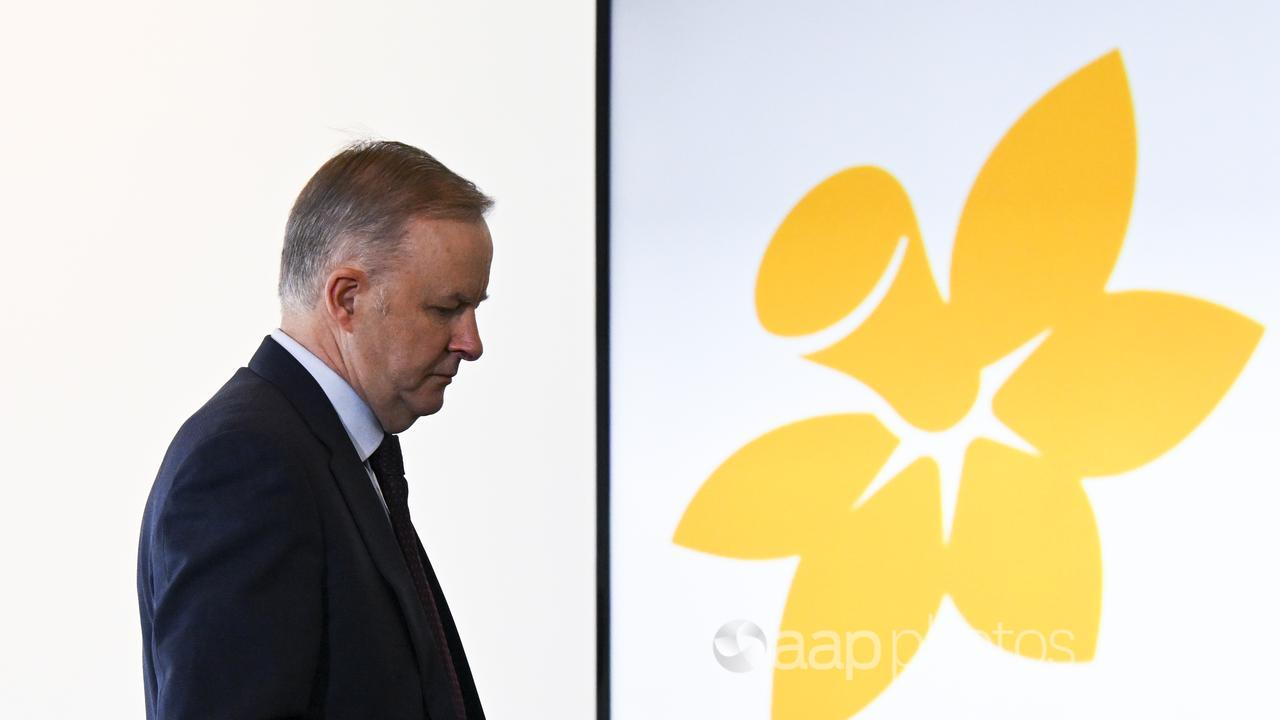
The registry found the cumulative risk of cancer diagnosis by the age of 85 was one in 2.25 across the population, Prof Evans said.
The figure was calculated using a methodology consistent with the International Agency for Research on Cancer, she said.
“This statistic reflects estimates of how many people are expected to develop any type of cancer within their lifetime, in the absence of other causes of death.
“It does not mean that one in two of the population are currently living with cancer.”
Prof Evans said the Cancer Council is not able to calculate exactly how many people are living with cancer at any one time because people may be diagnosed with multiple cancers within the same time period or may not have received a formal diagnosis.
The council says on its website that in 2024 an estimated 169,500 new cancer cases and 52,700 cancer deaths will be recorded in Australia.
The age-adjusted cancer incidence rate – the number of new cases diagnosed – increased from 582 cases per 100,000 people in 2000 (approximately one case per 172 people) to an estimated 624 cases per 100,000 people in 2024 (approximately one in 160), according to Australian Institute of Health and Welfare (AIHW) data.
But despite the rise in cancer diagnoses, survival rates in Australia have significantly improved.
The five-year survival rate for cancer increased from 55 per cent between 1991 and 1995 to 71 per cent between 2016 and 2020, the AIHW says.
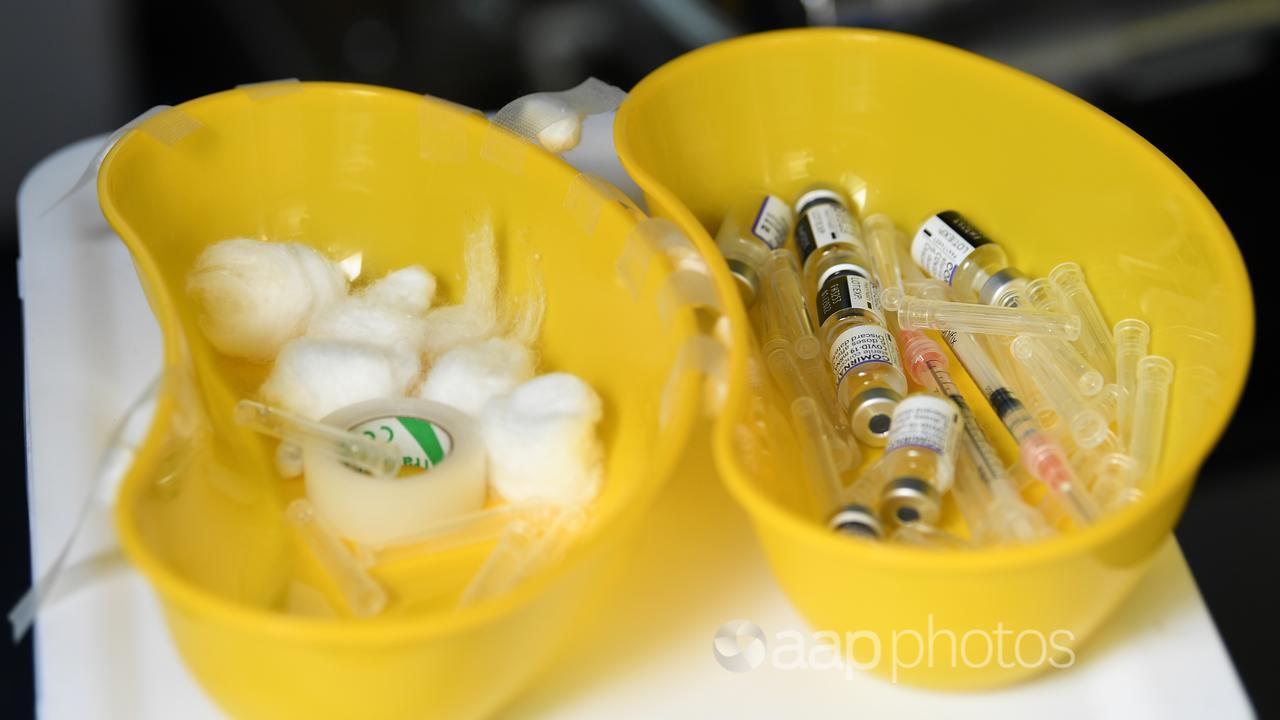
Some vaccine sceptics have previously falsely claimed COVID-19 jabs have caused a large rise in cancer rates.
The link between “needles” and cancer is also suggested in a Facebook post repeating the false claims that one in two Australians now have cancer.
However, cancer experts say there is no evidence COVID vaccines cause cancer or are associated with a greater risk of developing cancer.
The most common cancers in Australia (excluding non-melanoma skin cancer) are prostate, breast, melanoma, colorectal (bowel) and lung cancer, according to the Cancer Council. (AAP)
